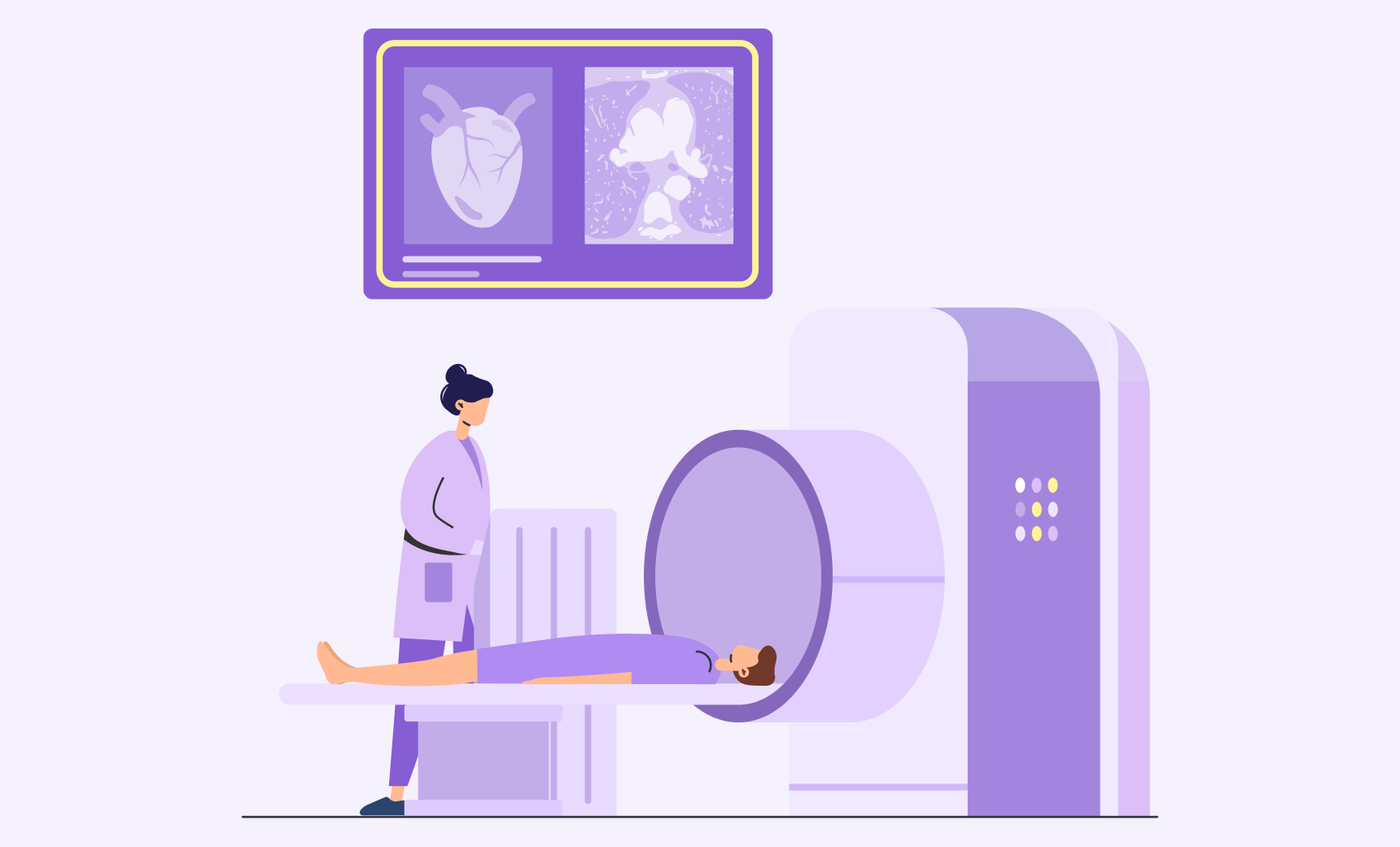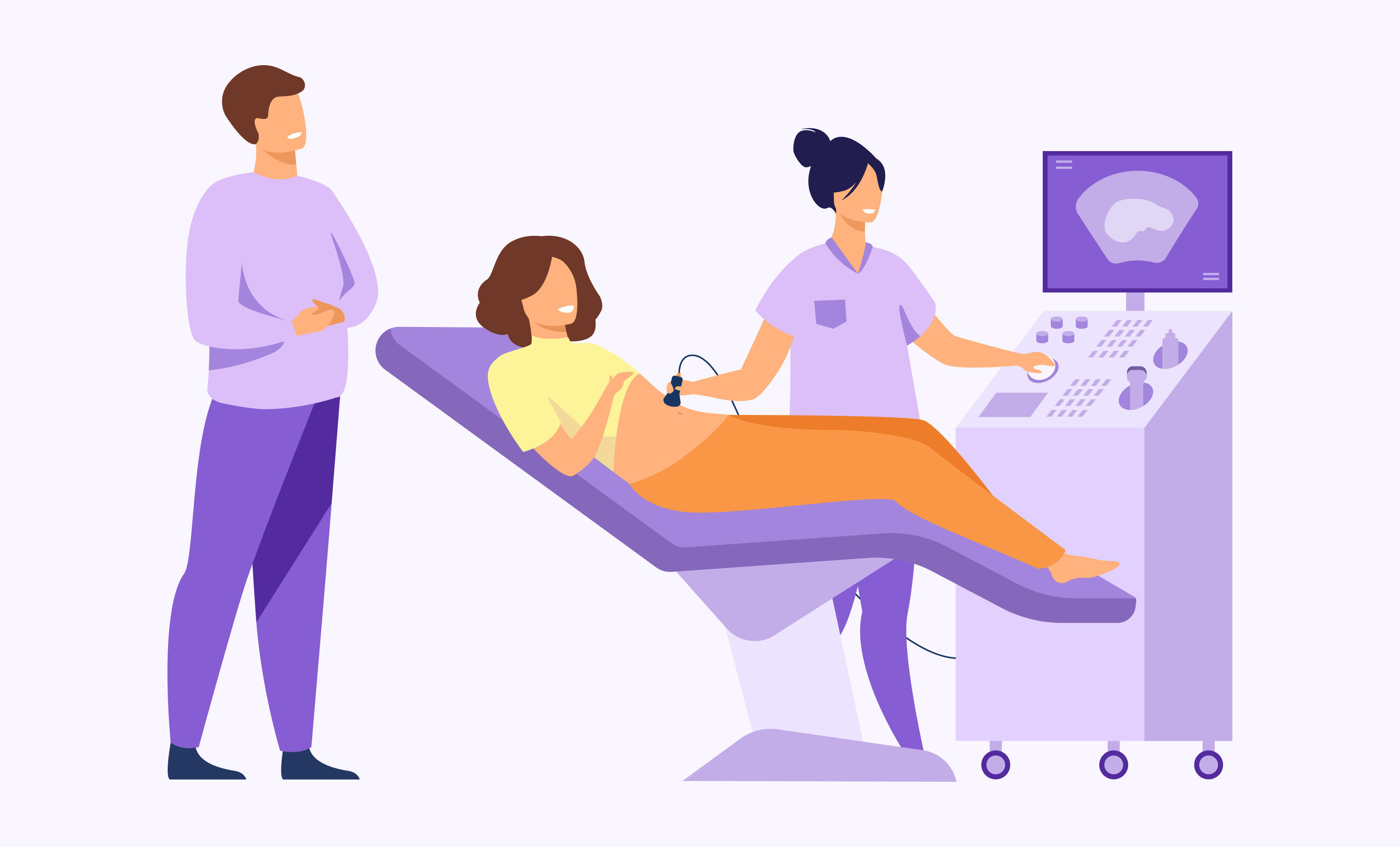
Staying Healthy: Important Medical Tests When You’re Over 50
Good health is incredibly important to everyone. It affects how people experience their daily lives and the decisions they make down the road. But it seems as we age, it only becomes harder to maintain our health.
People are living much longer lives than before, meaning more people are able to see their grandchildren, even great-grandchildren, grow up, which is a great thing. As people age, the more at risk they are to certain diseases, such as cancer, cardiovascular disease, and Alzheimer’s.
The Alzheimer’s Association estimates that 1 in 10 people will be diagnosed with Alzheimer’s, over the age of 65. And according to the National Cancer Institute, overall cancer rates are declining, but cancer rates are still rising with older age.
How can I stay on top of my health?
Don’t automatically think that as you get older, you’ll no longer feel as good as you did when you were young, or that you’ll have a whole slew of diseases. That’s not true. Taking time to care for your body will benefit your health enormously as it will mitigate certain risks for diseases and many physical challenges associated with aging.
Even the smallest changes to your lifestyle can benefit you. These changes include:
- Stay physically active with regular exercise
- Stay socially active with friends and family
- Limit alcohol consumption
- Stop smoking and/or using of drugs
- Get plenty of sleep
As you age, regular checkups with your doctor will also become especially important for maintaining good health. When you go see your doctor, make sure to ask about these medical tests that can help catch diseases like heart disease and liver disease, both of which are associated with old age. It’s important to note that other tests may be recommended by your doctor as well based on your individual health history.
Colonoscopy
This is recommended for everyone over the age of 50. Using a small, flexible tube, it allows doctors to look at the inner lining of your large intestine to check for ulcers, tumors, or areas that are inflamed or bleeding.
For Women Only: Mammogram
An X-ray that allows doctors to identify any abnormalities in the breast tissue that may indicate cancer, mammograms are recommended for women, ages 45 to 54, every year by the American Cancer Society. For women 55 and older, they can decide to have a routine mammogram every two years or stick to one every year. They should continue getting screened even if they are in good health.
Some doctors recommend that women should start getting routine mammograms as early as 40, especially if they have a family history of breast cancer.
High cholesterol by itself usually doesn’t have any signs or symptoms. In order to find out if you have high cholesterol, you’ll need to have a cholesterol panel, sometimes also known as a lipid panel test. This blood test is done to determine your cholesterol levels and estimate your risks for developing heart disease.
Some doctors recommend that everyone should be checked every four to six years starting at the age of 20 to 79. Other health organizations recommend cholesterol tests for men over the age of 35, and for everyone else, they should get tested if they have risk factors such as family history of heart disease, have diabetes, or is overweight.
This blood test can identify inflammation or infection in your body. High CRP levels can indicate there is inflammation in the heart’s arteries, meaning a higher risk for heart disease, stroke, and or a heart attack. CRP can also help doctors diagnose rheumatoid arthritis and inflammatory bowel disease.
Take action, be proactive
Although it can be challenging and intimidating, it’s important to take care of your body and your health, no matter what your age. Talk to your doctor and know your risks for certain diseases. You’ve reached a milestone, and that should be celebrated. Don’t let something that can be prevented stop you from adding more great years to your life.
LabFinder is a no-cost, online platform for people to easily schedule their medical tests and view results securely. The LabFinder team is passionate about improving the ‘patient and doctor experience’ through better communication, reduce out-of-pocket expenses and making everyone know more about their own medical tests. The mission of LabFinder is simple: we want to be solution to you and get you the test results you deserve so you can make right choices about your health.






LabFinder Team
The LabFinder Editorial Team is behind The Illuminator and The Insider, LabFinder’s consumer and business blogs.
Dr.Robert Segal
Dr. Segal is CEO and co-founder of LabFinder, as well as a board-certified cardiologist. He began practicing medicine in 2002 and has founded several businesses, including Medical Offices of Manhattan and Manhattan Cardiology.